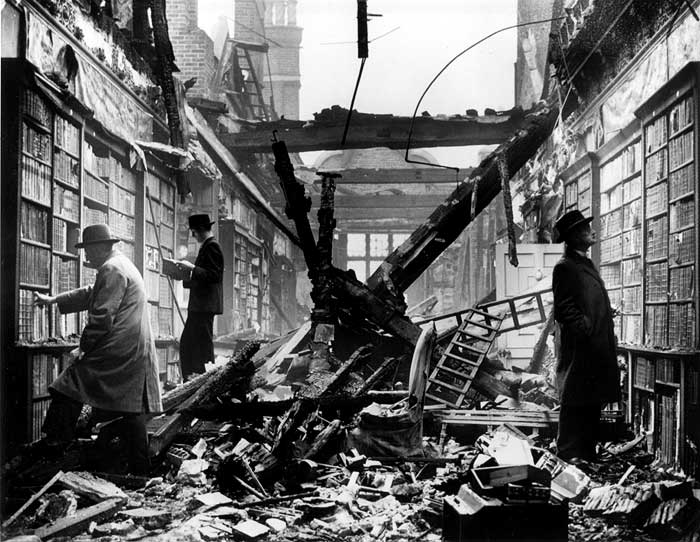Years ago I wrote a novel. It did not exactly set the world on fire, though the same can be said for 99% of everything written ever. However, I’ve been thinking about that book a lot of late because I believe it may have suffered from the fact that it came out at exactly the wrong time.
The book was called Hang A Crooked Number, and its central conceit was that professional baseball was a front for a domestic intelligence organization. The conflict of the novel occurs between that organization’s established leadership, which prefers low-key data-driven work, and a faction of cavemen types who want the organization be more brazen and brutal in their methods. The main character is an aging prospect who has yet to break into the bigs. When he finds himself caught up in the wonks vs. cavemen fight, he spots a chance to make his mark and finally earn his way to The Show. Spoiler alert: It doesn’t go so well for him.
I began writing the book as a thinly veiled allegory for the reality-bending horror of the Bush Years, with a healthy serving of the Stat Nerds vs. Jocks wars that flared up in baseball during the mid-2000s. But by the time I actually finished writing the novel, both of those eras had long passed. Obama was already into his second term, and everyone was eager to think of the Bush years as a distant memory. Meanwhile in the baseball world, the nerds had definitively won the data wars, and only the get-off-my-lawn-iest cranks argued otherwise.
In other words, the novel had two strikes against it before it even stepped up to the plate. This may explain why I failed to interest any agent in the novel, and why, once I self published it, no one wanted to read it. I’m also inclined to think that the novel wasn’t that good, probably? That may possibly have been a factor.
Nonetheless, Hang A Crooked Number has come to mind a lot lately. When I wrote it, I tried to create a world that was slightly more grotesque than the reality of the moment. Lo and behold, Bush Years + 25% More Horror = something that looks a lot like TrumpAmerica. To wit:
- The world doesn’t quite work, and no one expects it to anymore. Things are broken and don’t get fixed. Roadblocks and train stoppages set up to combat terrorism do little more than annoy commuters. Severe storms level whole neighborhoods with such a frequency that the events are no longer shocking. There is no expectation that any of these conditions will ever improve.
- Apart from the protagonist/narrator, the most important character in the novel is a former superstar trying to work his way back to the big leagues, nicknamed The Swing. He is an incurious dolt who keeps succeeding almost by accident. He has no interest in learning anything about his own abilities or the world around him, yet makes continual word-salad pronouncements on these and many other subjects. He is eventually promoted to the majors purely as a publicity stunt, by a team that has zero chance of winning anything.
- The main character (referred to only by his nickname, Backstop) has a handler who also serves as the only source for extremely valuable intelligence. The caveman wing of the organization tries to recruit Backstop by insisting his handler is actually a double agent for a terrorist group. In his attempt to find out the truth, Backstop inadvertently sets up a sting operation that, for all intents and purposes, forces his handler to commit the crime his enemies had already accused him of, making their accusation retroactively correct.
- Backstop then finds out that the cavemen who hoodwinked him aren’t as dumb and primitive as he thought. They wanted access to his handler’s source, and with his handler out of the way, now they have it. They also wanted Backstop to rope The Swing into their schemes, and he unknowingly does this as well. Their main goal was obtaining power, and they obtained it by feigning stupidity in a way that some found appealing.
Granted, there is plenty in this book that is not at all relevant to modern times. There’s almost no use or mention of social media in it, for instance, or of the oddly Ayn Rand-ian world of the modern technocracy. Straight-up white nationalism makes no appearance, either. But the above items are enough to make me think that the novel may have failed as much for its timing as for its overall quality. I’m good at some things and bad at many others, but one of the things I am least skilled at is timing. This would be my Exhibit A in that case.
Had I know a Trump presidency would have made my novel more relevant…well, actually, had I known a Trump presidency would even happen, a novel would’ve been the least of my concerns.
